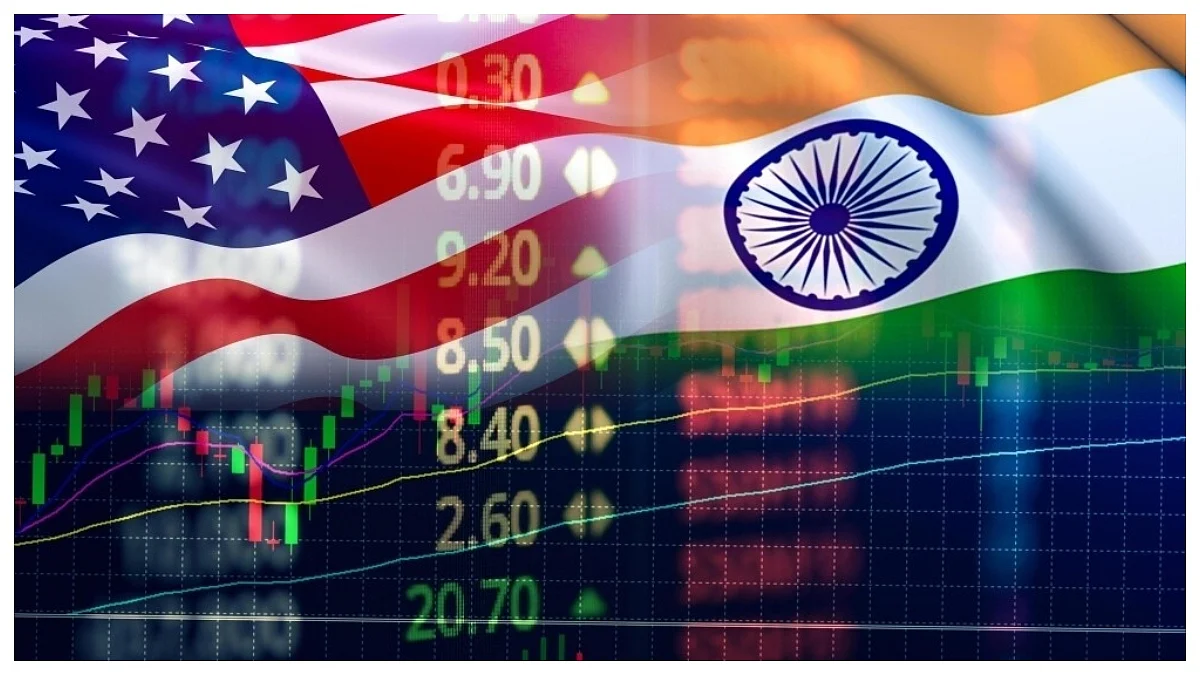On Thursday, President Donald Trump signaled that he may contact Federal Reserve Chair Jerome Powell to discuss potential interest rate cuts aimed at supporting the US economy. In remarks to reporters, Trump suggested that the central bank’s current policies, particularly its high interest rates, could be hindering economic growth.
"I might call him. I haven't called him, but I believe that he's making a mistake by not lowering interest rates," Trump stated. He further emphasized that the right action would be to reduce rates, as he believes Powell is keeping them too high. Trump's comments come amidst ongoing concerns about economic sluggishness and the impact of the Fed’s monetary policies on growth.
Financial Markets React to Trump's Remarks
Trump’s statements on the Federal Reserve sparked immediate concern in financial markets. Investors, sensitive to any signs of political interference with the central bank, reacted negatively to the idea that Trump might influence the Fed’s decision-making. Markets experienced a sharp drop, reflecting fears that Trump could attempt to replace Powell, which would undermine the Fed's independence.
However, the markets quickly recovered after Trump reassured reporters that he had "no intentions" of removing Powell. The clarification helped to stabilize investor sentiment, although the underlying concerns regarding the independence of the Federal Reserve remain in play.

The Historical Context of Political Pressure on the Fed
While it’s not uncommon for U.S. presidents to voice opinions on monetary policy, direct pressure on the Federal Reserve has been rare in recent decades. The most notable instance of presidential influence on the Fed occurred during the 1970s when President Richard Nixon pressured then-Fed Chair Arthur Burns to adopt a loose monetary policy ahead of his re-election campaign.
Although Nixon’s push for low interest rates seemed advantageous at the time, it was later linked to a period of high inflation, which plagued the U.S. economy for years. This historical context highlights the potential long-term consequences of exerting political pressure on the Fed.
The Road Ahead: Will Trump Follow Through?
The key question now is whether President Trump will follow through on his remarks and push for discussions with Powell. Fed Chair Powell has a reputation for defending the central bank's independence, and any perceived political interference could reignite concerns in the financial markets. As of now, it remains uncertain how this situation will unfold.
(With agency inputs)



.jpg)








